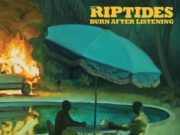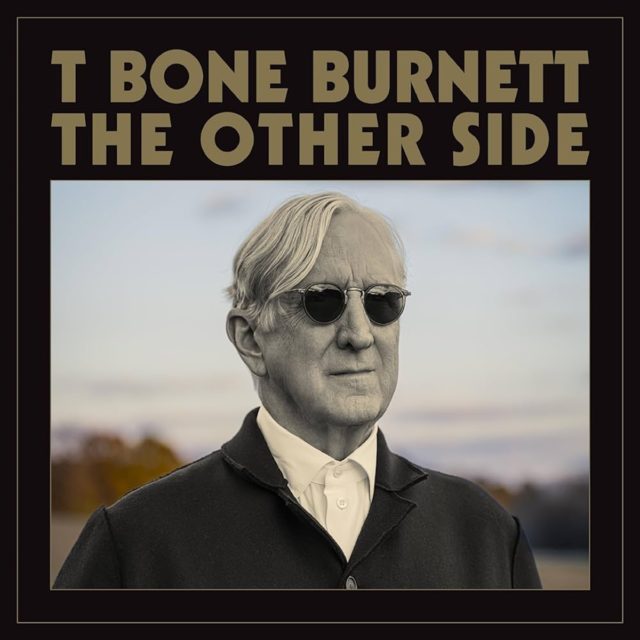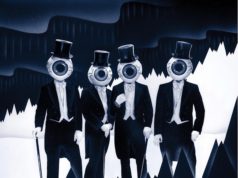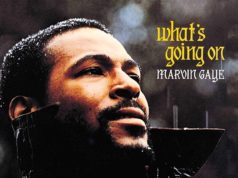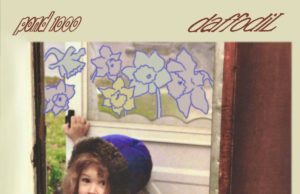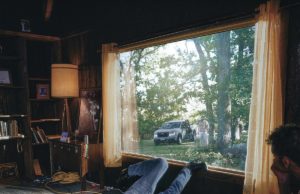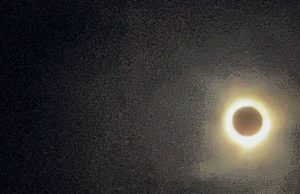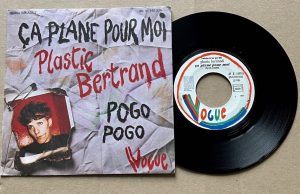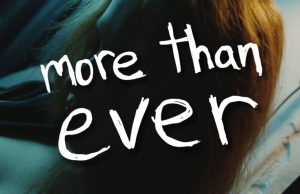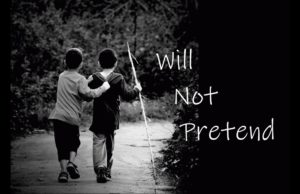THE EDITED PRESS RELEASE: “Grammy and Oscar winner T Bone Burnett returns to his roots as a singer-songwriter on The Other Side, delving deeply into the myriad genres of American music. The 12-song collection is centered on a love story, following the journey of a couple that may no longer be of this plane. Co-produced by Colin Linden, Mike Piersante and Burnett, the album features longtime friends Rosanne Cash and early bandmate Steven Soles, newer artists Lucius and Weyes Blood, and trusted musical companions including Dennis Crouch, Stuart Duncan, Jay Bellerose and Rory Hoffman.
A deeply personal work, The Other Side features some of the richest vocals and most direct songs of the artist’s long career. Following his dystopic The Invisible Light series, The Other Side reflects a new outlook and approach Burnett didn’t even know he was seeking. While the album includes some songs Burnett had tinkered with before, the bulk of the record materialized in a sudden burst of writing after he finally allowed himself to buy some new guitars. “Every time I picked one up, a song would pour out of it,” he recalls of this near-magical spark of creativity. “There were all these songs in these guitars. And they just came out over a three-week period.”
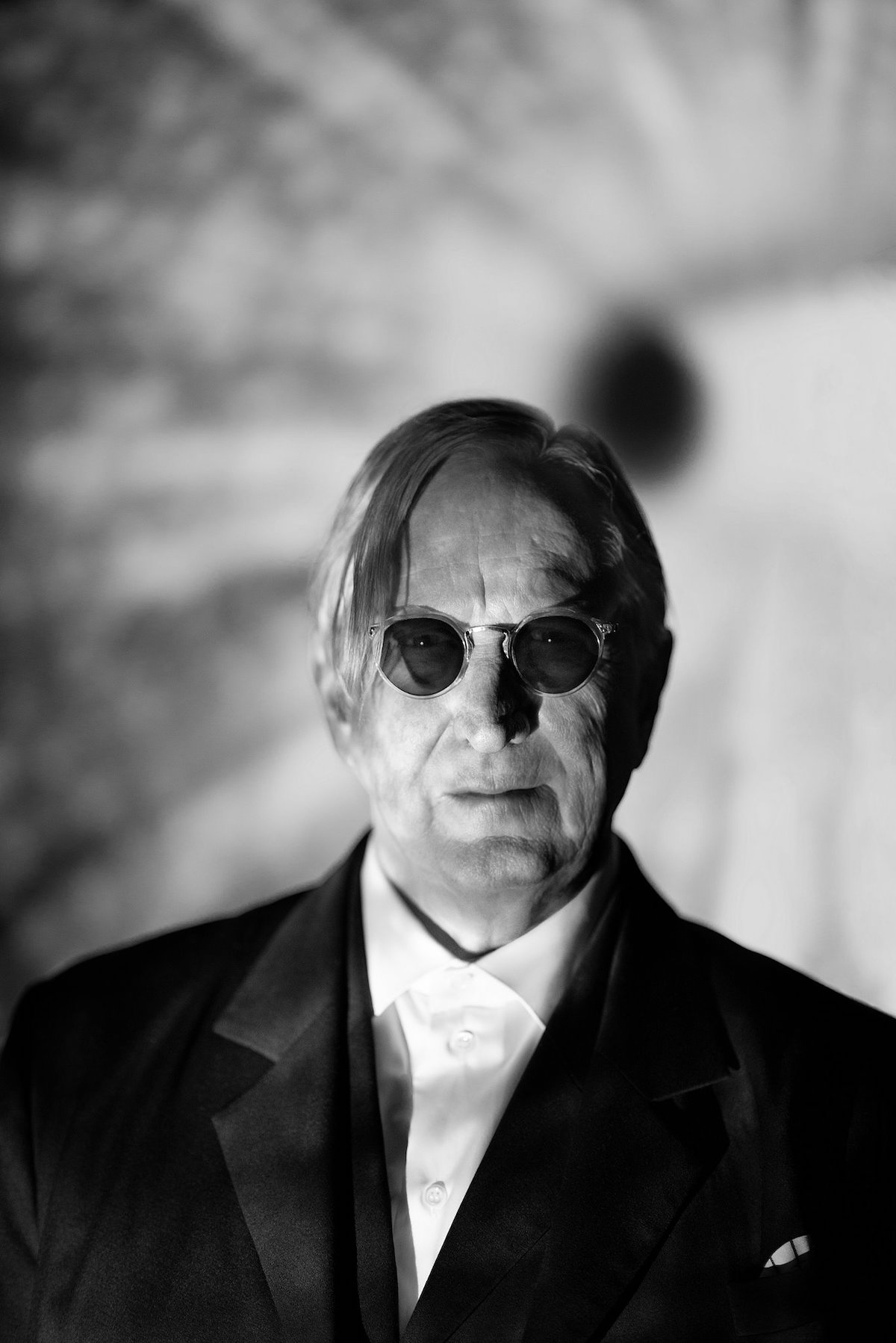
When Burnett was making his new record, he was thinking a lot about “you.” “I was reading a news story that some shocking percentage of No. 1 hit songs had the word you in the title,” he says, and started contemplating who all those “yous” are and what it means when an artist puts them in a song. He realized that for many years, when he worked on his own solo albums as a singer-songwriter — in between acclaimed stints of coaxing the best work out of a wildly diverse set of artists as a producer or curating ideal soundtracks for an equally disparate group of films and series — he had been “tough” on listeners.
“I view the purpose of art as creating conscience, so I was constantly appealing to people’s consciences,” he says of a solo career that stretches back to the mid-‘70s, “but I realized when a songwriter uses the word you, he is, of course, in the world of conscience, but he’s also in the world of people’s dreams. And when you enter into people’s dreams, you have to be very careful with them.” This return to form fits seamlessly in the contemporary cultural landscape shaped so heavily by Burnett’s career in the arts. Working on The Other Side, he sought to care for himself as an artist in the same manner he has helped shepherd so many others in the studio and ended up finding himself in the process.”








